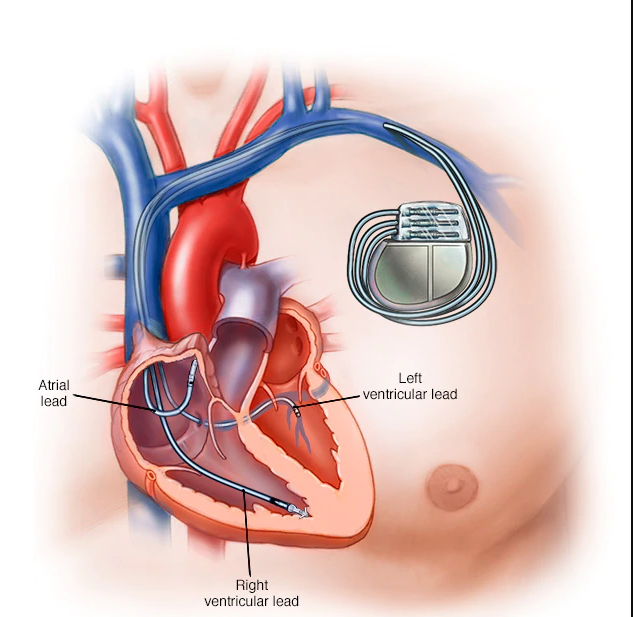The Accidental Invention of the Lifesaving Pacemaker
Wilson Greatbatch — who was born 100 years ago today — was tinkering with an oscilloscope in 1956 when he installed the wrong resistor and accidentally invented the implantable artificial pacemaker.
Greatbatch noticed the device could be altered to drive a heartbeat and realized this was exactly what was needed to replace the bulky, painful pacemaker machines hospitals were using at the time. Patients with so-called “heart block” were suffering blackouts, dizziness, and often death because their hearts’ own electrical impulses could not properly function. By running electrodes directly from his new machine into the muscle tissue of the heart, Greatbatch discovered that his artificial pacemaker could keep a patient’s heart on track indefinitely.

First, the device was tested on dogs, then — after some design improvements — it was ready for human testing in 1957. The medical marvel of “an amazing new pocket-size ticker” was covered in this magazine in 1961 in “Making a Heartbeat Behave.” The implantable artificial pacemaker allowed people with heart problems, many of them children, to lead full, active lives without the fear of constant fainting, or worse. “Among the achievements of today’s engineering wizards this is one of the most dramatic,” writes Steven M. Spencer, “an electronic ‘heart’ you can hold in your hand, a transistorized ‘spark of life.’”
In 1961, there were about 100 people using the new device. Now, about 3 million people in the world have an implanted pacemaker. Greatbatch’s invention was one of the most important of the 20th century, giving a renewed lease on life to millions of people in the decades after his serendipitous discovery. In the 1970s, he went on to develop a corrosion-free lithium battery so that pacemakers could run for a continuous 10 years instead of the previous 2-year lifespan.
The electronics savant worked into his senior years, developing treatment procedures for AIDS, a solar-powered canoe, and a low temperature nuclear fusion reactor. Greatbatch claimed in 2004 that he held more patents — about 150 — than any other living inventor.